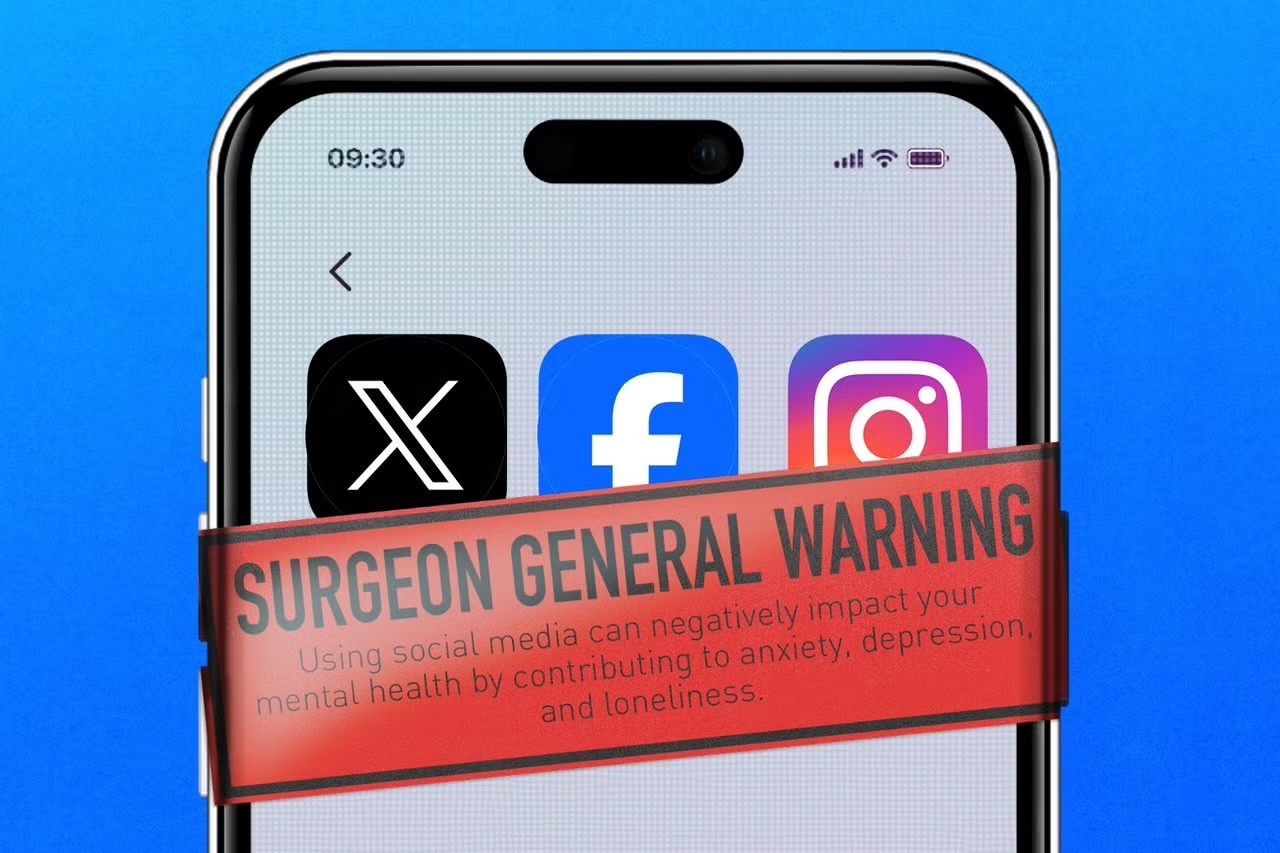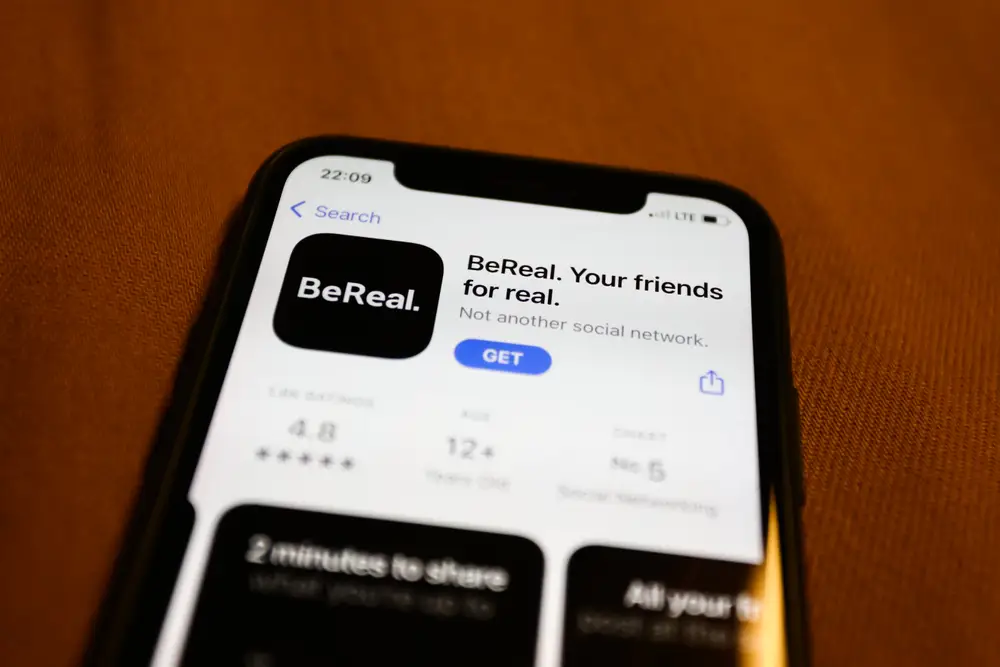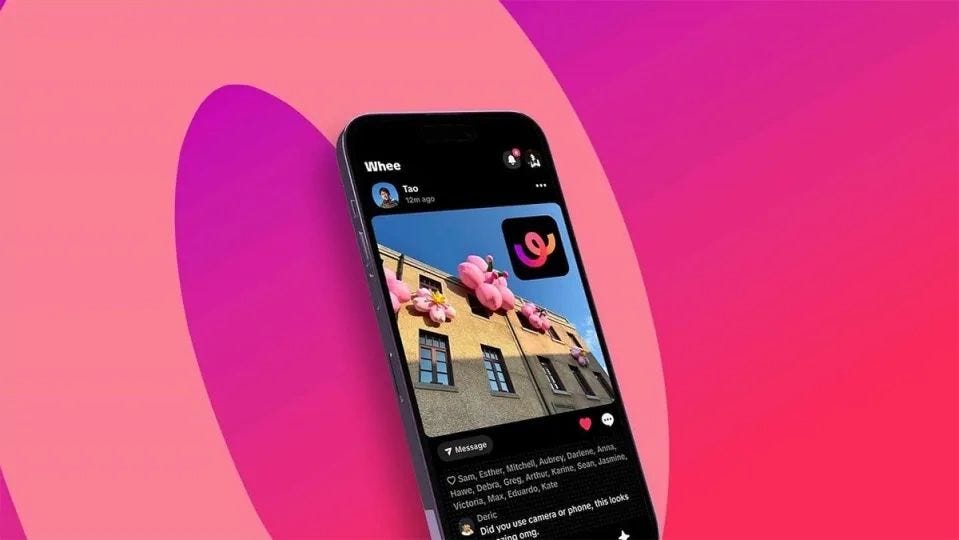MENTAL HEALTH
The Surgeon General's Warning: Is Social Media the New Tobacco?
In a bold and necessary move, U.S. Surgeon General Vivek Murthy has equated the impact of social media on youth mental health to the harmful effects of tobacco. This comparison stems from the growing evidence that social media significantly contributes to mental health issues among teenagers, echoing the way tobacco use was once widespread without public awareness of its dangers.
The Need for Warning Labels
Murthy has called for warning labels on social media platforms, akin to those found on cigarette packages. In an op-ed for the New York Times, he emphasizes that social media is an "important contributor" to the ongoing mental health crisis among teens. Murthy argues that these platforms should come with clear warnings about their potential harms, similar to the warnings on tobacco products.
The Surgeon General's advisory highlights research showing that adolescents who spend more than three hours a day on social media face double the risk of developing anxiety and depression symptoms. This alarming statistic underscores the urgency of addressing the issue head-on. "There is no seatbelt for parents to click, no helmet to snap in place," Murthy wrote, emphasizing the lack of safety measures currently available to protect young users.
A Growing Concern
Health experts, advocacy groups, and bipartisan legislators are increasingly scrutinizing social media companies for creating potentially addictive and toxic online environments. A report from the American Psychological Association found that teenagers spend nearly five hours a day on platforms like YouTube, Instagram, and TikTok. This extensive use has been linked to negative mental health outcomes, including increased suicidal ideation among young people.
Murthy's advisory is part of a broader initiative to safeguard children's mental health in the digital age. The advisory recommends that policymakers strengthen safety standards, limit access to harmful content, and fund further research. Technology companies are urged to prioritize user safety in their design and development processes, share data with independent researchers, and adhere to stricter privacy protections.
A Call to Action
The advisory also offers practical advice for parents and caregivers, such as establishing tech-free zones at home and modeling responsible online behavior. Encouraging children to adopt healthy online practices, such as limiting their time on social media and being cautious about sharing personal information, is crucial. By taking these steps, families can help mitigate some of the risks associated with social media use.
In support of Murthy's call to action, leaders from various medical organizations have expressed their concerns about the mental health impact of social media on youth. They highlight the need for a collaborative approach to create safer digital environments for children and adolescents.
The comparison of social media to tobacco underscores the urgency of this issue. Just as public health campaigns and regulations were necessary to curb the use of tobacco, similar measures may be required to protect young people from the mental health risks associated with social media. By raising awareness and advocating for stronger protections, we can work towards a safer and healthier digital future for our children.
For more details, you can check out the full advisory and related articles from [Engadget](https://www.engadget.com), [Popular Science](https://www.popsci.com), and [HHS.gov](https://www.hhs.gov).




